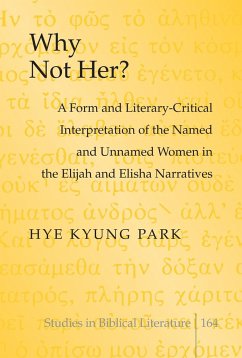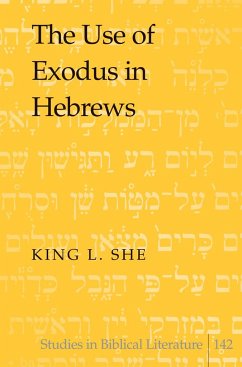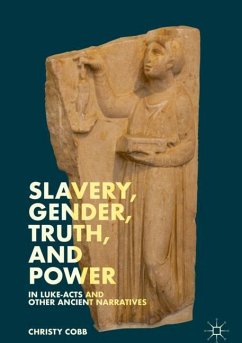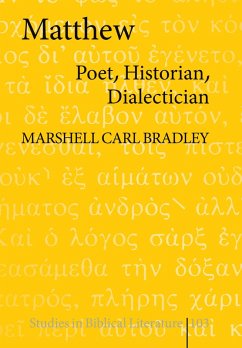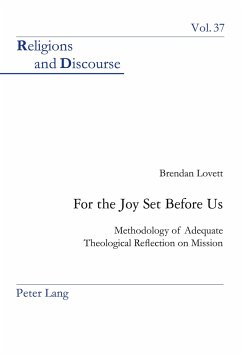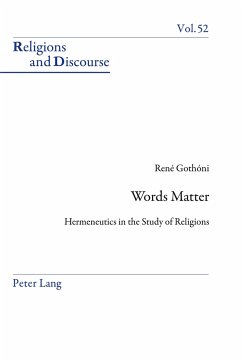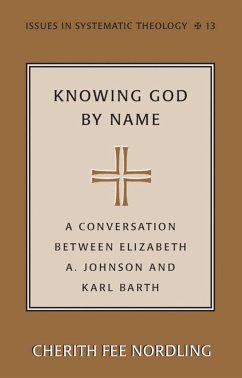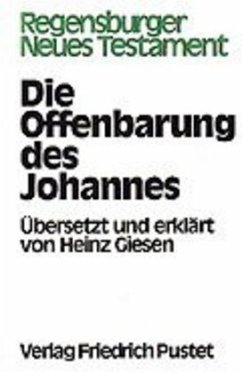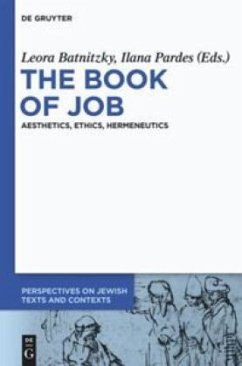
The Elusive Macrostructure of the Apocalypse of John
The Complex Literary Arrangement of an Open Text
Herausgegeben: Rolly, Horst Friedrich
Versandkostenfrei!
Versandfertig in 6-10 Tagen
106,50 €
inkl. MwSt.

PAYBACK Punkte
0 °P sammeln!
The author applies Umberto Eco's literary theory of the open work to the perennial problem of the literary macrostructure of the Apocalypse. Revisiting the complexities of its genre, intertextuality, language and communication, he cumulatively traces all indications of literary openness in Revelation. Then the book discusses the extraordinarily diverse scholarly approaches and analyses from this viewpoint. As a result, John's multiple and varied structural signals are recognised as demonstrably clustered within specific subsections - complex transitions creating a specifically open literary ar...
The author applies Umberto Eco's literary theory of the open work to the perennial problem of the literary macrostructure of the Apocalypse. Revisiting the complexities of its genre, intertextuality, language and communication, he cumulatively traces all indications of literary openness in Revelation. Then the book discusses the extraordinarily diverse scholarly approaches and analyses from this viewpoint. As a result, John's multiple and varied structural signals are recognised as demonstrably clustered within specific subsections - complex transitions creating a specifically open literary arrangement. More generally, the wider concept of literary openness is offered as a theoretical framework applicable to the specific complexities of some apocalyptic writings.



